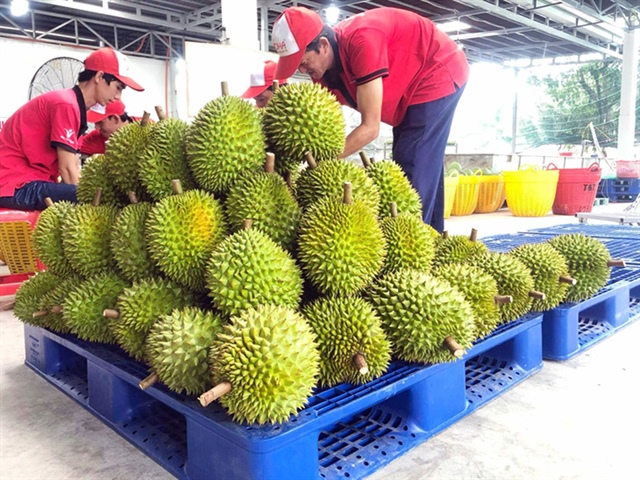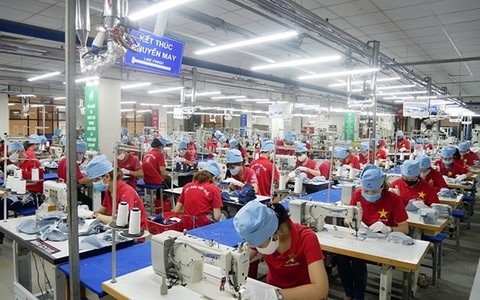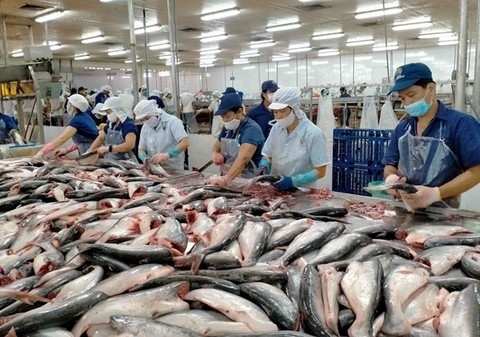Rubber needs consistent quality
Rubber needs consistent quality
The uneven quality of rubber products from ‘Made in Viet Nam’ factories is why local rubber products are cheaper than those from other countries, according to industry insiders.

Tran Minh, head of the Viet Nam Rubber Group’s Industry Department, said when using local rubber products, foreign producers have to use more technologies and additives to stabilise the quality.
“We need to build a national-level rubber latex process to stabilise quality. It’s essential to set up a management body to supervise latex quality before exporting. This has been conducted by many countries,” Minh told a conference in Ha Noi this week.
To Xuan Phuc, an expert from Forest Trends said latex from small rubber plantations is often contaminated with impurities. As a result, even though Viet Nam has set strict standards of product quality, only large companies have met the requirements of importers.
According to Forest Trends, a non-profit organisation promoting sustainable forest management and conservation, State-owned enterprises and private firms which have large rubber plantations have occupied 38 per cent of total crude latex volume of Viet Nam annually. Meanwhile, small plantations, which are owned by households, supply the rest.
Although rubber plantation area between these two sides is almost 50-50, many large rubber plantations have reached the end of the latex exploitation cycle (20-25 years), while small plantations are in the best harvesting period.
The rubber industry does not only help Viet Nam earn billions of US dollars but also create jobs for more than 500,000 labourers. The industry has played an important role in supplying materials for domestic production sectors, especially wood processing.
In term of latex processing, non-State owned enterprises use nearly 60 per cent of total latex annually, producing industrial products such as tyres, gloves and materials for the footwear sector. Foreign direct investment (FDI) enterprises have the advantage of advanced technology and large investments in factories. Therefore, they attracted more than 60 per cent of the labour force, while private firms employ 23 per cent and the remainder work for State-owned enterprises.
At the conference, experts also discussed new challenges for the country’s rubber industry, especially amid the US-China trade war.
The US will impose tariffs on up to 25 per cent on imports from China, such as furniture and automotive parts, as early as 2019. The tariffs could be pushed up to 44 per cent if trade tensions escalate.
The Vietnamese rubber industry is likely to be hurt because China is the largest importer of Vietnamese natural rubber (65.3 per cent of total exports). China was a key importer of rubber materials from Viet Nam, and about 70 per cent of its import volume was used to produce tyres.
According to the analysis, in the US-China trade war, Viet Nam’s most affected export sectors are computers, furniture, automobile products and automobile tires. Chinese products exported to the US that are related to Viet Nam’s rubber industry are likely to be affected. But it’s not clear how it will impact on industry.
To minimise the risks from the US-China trade in the timber and rubber sector, the Ministry of Agriculture and Rural Development (MARD) has recently asked Forest Trends to assess the impact of the US-China war on Viet Nam’s timber industry.










